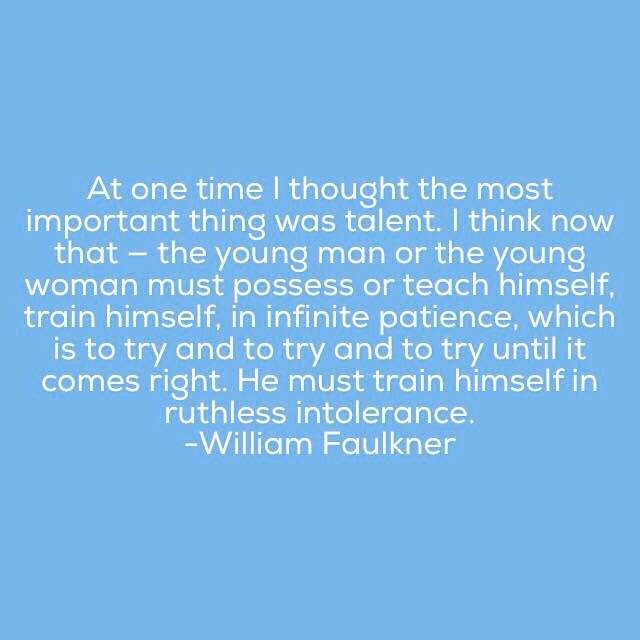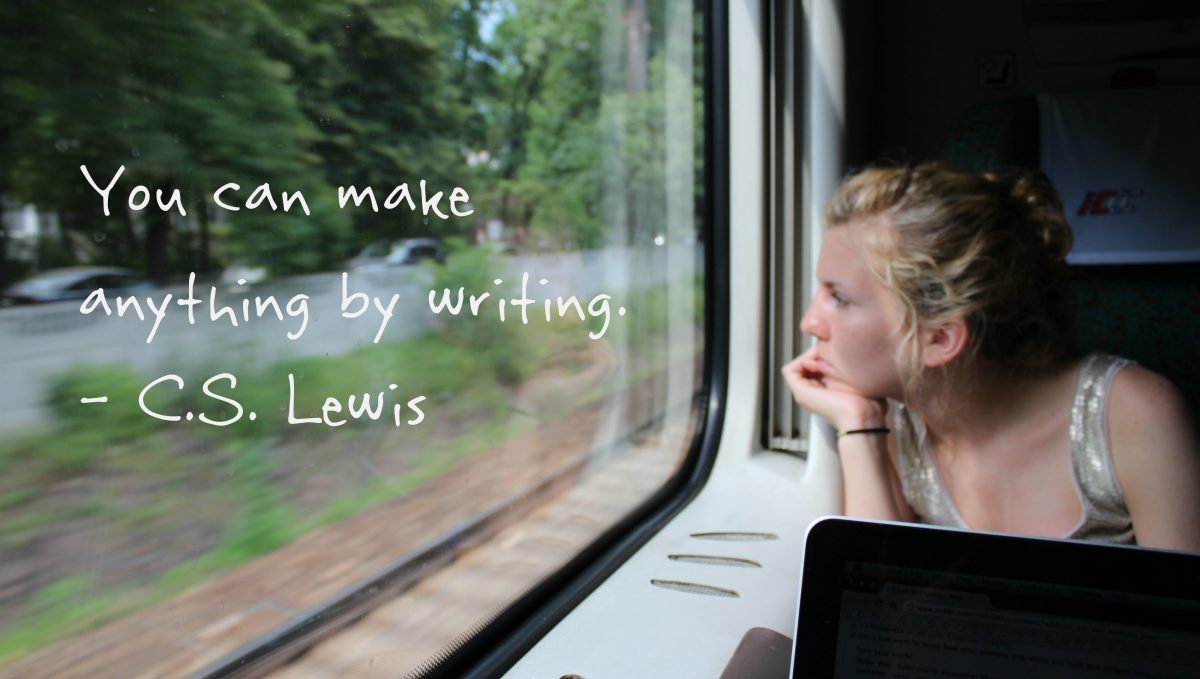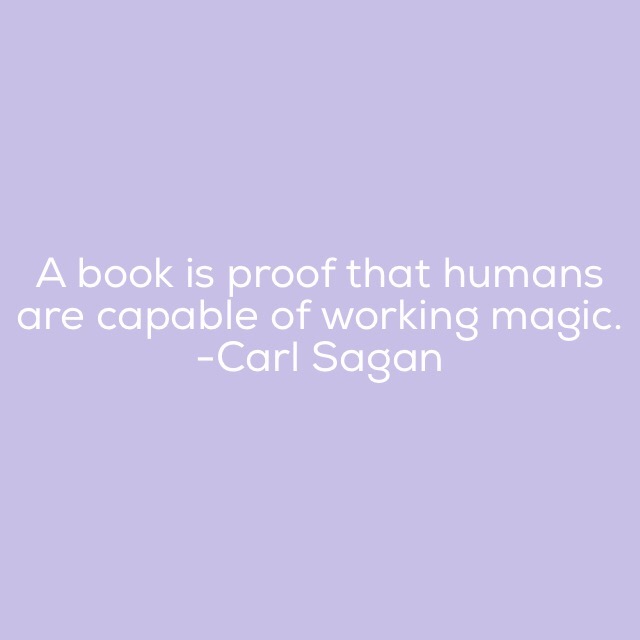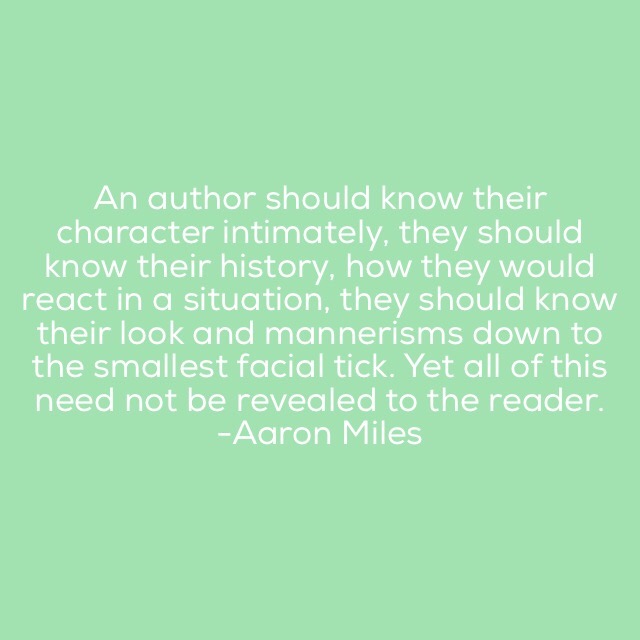We’ve all been there. You sit down to write and the words just won’t come. Maybe you’re just exhausted from working all day. You’re too tired to think straight, let alone write a coherent sentence. Or maybe you just can’t think of what to write. The muse may be singing, but you surely can’t hear it.
Every writer has felt this way, more than once. What separates the writers who make it from the writers who don’t, is that the latter quit trying.
But if I’m being honest, there are days I just don’t even want to write. It’s not necessarily that I don’t have something to say, I’m just being lazy or stubborn and I want some me time (read, I want some time to sit on the couch and stare at the wall and pretend to be productive).
There’s really no way to squash the elusiveness of inspiration. You’re either going to feel it or you’re not. Some days writing is like performing surgery on yourself. It’s painful. You don’t want to do it. The stuff coming out of you is pretty sickening. But you know if you don’t do it, it’ll only be worse the next day.
And that, my friends, is the key.
Writing through the tough times will bring you to the good times. Getting through the tough times is, well, tough, but there are ways to make it easier on yourself. Here are some tricks I’ve learned over the course of the last year and a half I’ve been in grad school.
Hide.
There’s nothing worse than trying to do something you don’t want to do while your significant other is watching Modern Family in the other room. Granted, my hubs wouldn’t dare do that without me, but you know what I mean. Anything can be a distraction when you’re doing something you don’t feel like doing. The only way to combat this is to hide. Find a secret place you can go to and get away from whatever might tempt you.
Write the easy/fun parts first.
People usually say this the other way around. If you do the hard stuff first then the rest will be smooth sailing. Well, pardon me if I’d rather dip my toes in the hot tub before I jump in and scald my skin off. In research paper-type writing, I found it better to start with the parts I was genuinely interested in, rather than the parts that would require me to find a billion sources that don’t exist. I’ve nearly broken my Mac ten times in my anger when I’ve tried to do it any other way.
The same goes for creative writing. I do prefer to write in a linear fashion, but it is okay to glaze over some parts if you intend to go back and rewrite them. Granted, if the parts aren’t interesting, then maybe they shouldn’t be there in the first place. BUT, if you want to wait until you’re in a better from of mind to write the heavier stuff, then do it. There’s no set rules on how you have to write. As long as the elements of the craft are in place, you could have written it backwards for all I care.
Make yourself a playlist.
Be prepared to switch this playlist up, otherwise you’ll make yourself sick of the songs. I have different playlists for different writing moods. If I’m working on an edgier piece I tend to listen to something like Halsey. If I need to get in a solid groove then I go for Explosions in the Sky. Whatever you know will work for you without getting you distracted.
Reward yourself.
Shoutout to my last blog post. Place rewards for yourself along the way, and pretty soon you won’t need them anymore. If I need to write 4,000 words for a class, I’ll give myself a Facebook break for ten minutes at every 1,000 words. UNLESS I’m in a groove. Then I keep going. The wisdom of giving yourself a reward is knowing when you know you don’t need it.

Think like Faulkner. People don’t become masters in their chosen field because they’re talented. They become masters because they trained themselves to be.
~Liz
Follow me @liz_tampa on Twitter and @wethewriters on Instagram.


